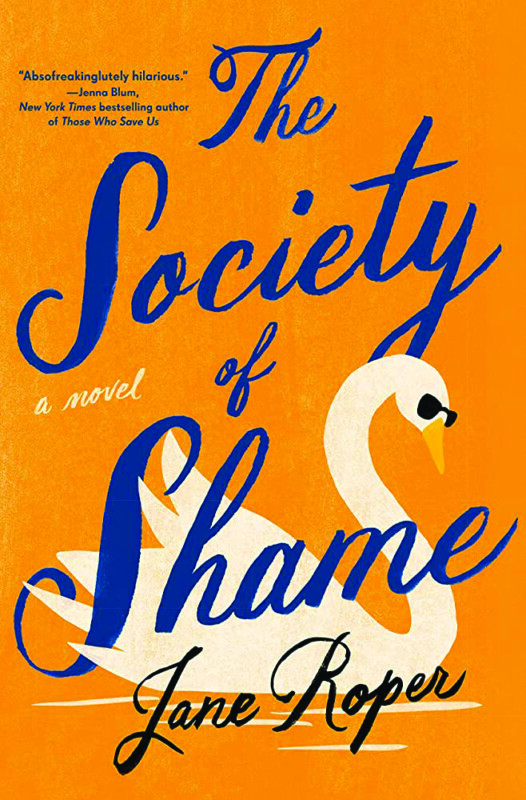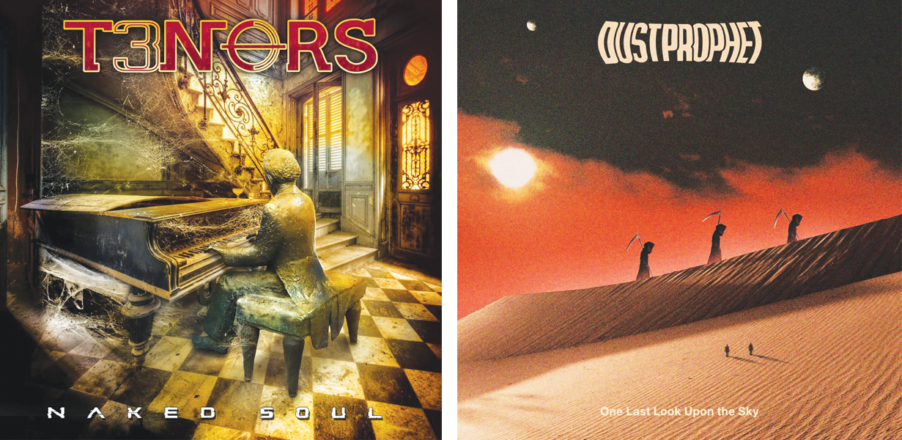A teen just can’t not open the obviously evil Book of the Dead, thus releasing demons or whatever and leading to a tsunami of gore, in Evil Dead Rise.
The movie actually starts at an A-frame cabin of devilry out in the woods. After some creepy voice work and R-rated violence, we jump back one day and meet Beth (Lily Sullivan), some kind of tech worker for a rock band. When Beth realizes she is unexpectedly pregnant, she rushes to visit her older sister Ellie (Alyssa Sutherland). But Ellie has problems of her own: her husband (and the father of her three kids) has taken off, and the building where they live in a someteenth floor apartment is being torn down, necessitating a stressful move. Teens Bridget (Gabrielle Echols) and Danny (Morgan Davies) and younger sister Kassie (Nell Fisher) are further traumatized when they’re caught in the building’s parking garage during a large earthquake. The supports shake, the ground cracks — so naturally when Danny spots a hole leading below the unstable structure into an old bank vault, why not climb down? And why not take the veiny, fang-having book he finds down there along with accompanying record albums — hey, the kids love vinyl!
Danny and Bridget argue over what to do with the book; Danny thinks their mom could sell it for big money (to whom?) and Bridget is like “go put it back.” Danny says, sure, tomorrow, after I flip through these pages full of disturbing imagery and play the records full of incantations. Even though Danny did the summoning, it’s Ellie who is the first to become possessed — all cadaver-ish skin and unnerving vocal changes. The last thing she says before the real Ellie is overtaken by the possessor is a plea to Beth to take care of her babies, a task that would be easier if the cell phones weren’t down and the building’s stairs hadn’t collapsed.
This movie is not terribly made — there is a respectable ocean of stage blood and the slightest dusting of evil-demon sass. But its most stand-out images are largely riffs on similar images or scenes from other movies — previous Evil Deads but also The Shining, maybe Fargo. It has that odd time-out-of-time quality that some recent horror movies have, where cars and clothes could have you thinking you’re watching something set in the late 1970s but also there are cell phones. The final fight scene has its charms.
It’s all fine, I guess, if this is your thing, but it doesn’t have any staying power beyond the moment you’re watching the movie. This is not a movie I will be thinking about for weeks. This is likely not a movie I’ll still be thinking about by the time you read this review. There’s a pokiness about the film — even when the “Evil”-ing had begun, I still felt like things hadn’t really gotten going, like the motor hadn’t fully kicked on in this movie. C, maybe a C+ for not really doing anything wrong and for having Bruce Campbell and Sam Raimi credited as executive producers.
Rated R for strong bloody horror violence and gore, and some language, according to the MPA at filmratings.com. Written and directed by Lee Cronin, Evil Dead Rise is an hour and 37 minutes long and is distributed in theaters by New Line Cinema.
Featured photo: Evil Dead Rise






